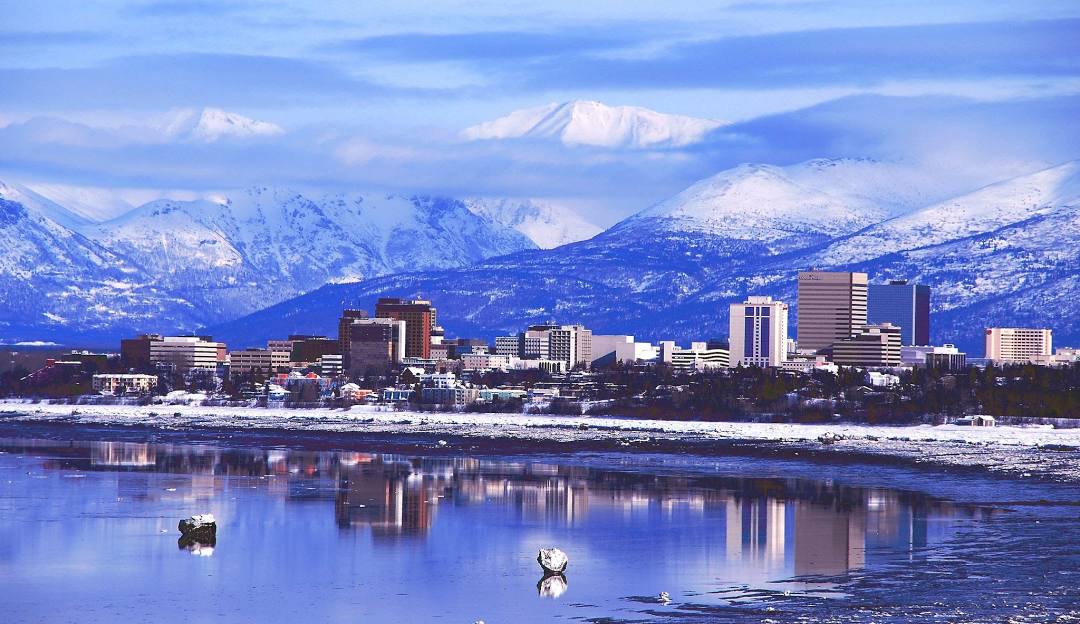Farm Insurance in Alaska: Comprehensive Guide
Farming in Alaska comes with its own unique set of challenges, from harsh weather conditions to remote locations. Protecting your investment is crucial, and this is where farm insurance plays an essential role. This post examines the benefits of farm insurance in Alaska, specific state regulations, and lists some of the top providers.
Benefits of Farm Insurance in Alaska
Given Alaska’s unique farming environment, having a robust farm insurance policy is indispensable. Here are some key benefits:
1. Comprehensive Coverage: Farm insurance policies in Alaska typically offer a wide range of coverages, including protection for property, equipment, livestock, and even liability coverage in case someone is injured on your farm.
2. Customizable Policies: Alaskan farm insurance policies are designed to be flexible, allowing you to tailor coverage to your specific needs. Whether you run a small hobby farm or a large-scale operation, you can find a policy that fits your requirements.
3. Weather-Related Protection: Alaska’s severe weather can significantly impact farming operations. Farm insurance policies often cover damages caused by extreme weather events like flooding, heavy snowfall, and even earthquakes, providing peace of mind.
4. Protection for Livestock: Livestock is a significant asset, and farm insurance can cover losses due to illness, theft, or predation, ensuring that your animals are protected.
State-Specific Regulations for Farm Insurance in Alaska
Understanding the state-specific regulations is crucial for any farmer looking to obtain insurance. Here are some regulations that are particularly relevant:
1. Crop Insurance Subsidies: Alaskan farmers are eligible for federal crop insurance subsidies, which can significantly reduce the cost of insurance. These subsidies are designed to encourage farmers to adopt comprehensive risk management techniques.
2. Alaskan Statutes: Under Alaska Statutes Title 21, specific insurance requirements and standards are set forth that must be adhered to by both providers and policyholders. This ensures a fair and competitive market while protecting the interests of farmers.
3. Wildlife Damage Compensation: Alaska has specific programs to compensate for wildlife-related damages, which can often be integrated into a farm insurance package. This is particularly relevant given the state’s diverse and often intrusive wildlife.
4. Environmental Regulations: Alaska’s stringent environmental laws require that farmers adhere to specific practices to protect natural resources. Compliance with these regulations can often become a component of the farm insurance policy, providing coverage for any accidental violations.
Top Providers of Farm Insurance in Alaska
Choosing the right insurance provider is essential for ensuring comprehensive coverage. Here are some of the top providers of farm insurance in Alaska:
1. State Farm: One of the leading providers, State Farm offers a variety of customizable farm insurance policies. Their extensive network and local agents in Alaska make it easier for farmers to get personalized service.
2. Country Financial: Country Financial provides flexible farm insurance options, tailored to meet the needs of Alaskan farmers. Their policies cover everything from crop insurance to liability protection.
3. American Family Insurance: Known for their comprehensive coverage options, American Family Insurance offers specialized farm policies that include protection for equipment, livestock, and liability.
4. Nationwide: Nationwide offers a range of farm insurance policies designed to fit the unique needs of Alaskan farmers. Their coverage options include protection against natural disasters, liability, and much more.
5. Farmers Insurance: With a strong presence in Alaska, Farmers Insurance provides comprehensive farm insurance policies. Their extensive experience in agricultural insurance makes them a reliable choice.
Conclusion
Securing a comprehensive farm insurance policy is crucial for farmers in Alaska. The unique challenges posed by the state’s harsh weather conditions, remote locations, and potential wildlife interactions make it essential to have robust coverage. Understanding state-specific regulations and choosing a reputable provider can ensure that your farming operations are well-protected, allowing you to focus on growing your business.
